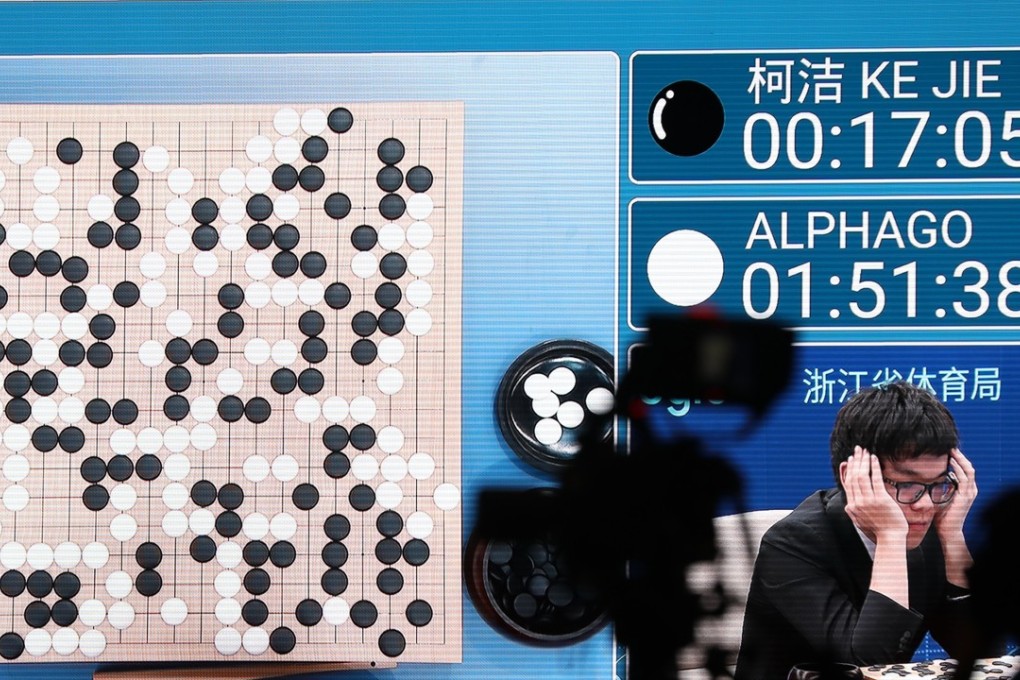New | AlphaGo wins first match of three over Chinese Go master with ability to surprise
The match, considered a benchmark in measuring the encroachment by artificial intelligence on human endeavours, is an important milestone for technology companies and China.

AlphaGo, the computer programme developed by Google’s DeepMind labs, has scored its first victory in a three-game match against the world’s top player of Go, extending the machine’s edge over humanity in a contest to redraw the boundary between human intelligence and the artificial variety.
Ke Jie, the 19-year-old Chinese prodigy who’s ranked at the game’s apex, conceded in a four-and-half-hour game in Wuzhen, after AlphaGo pulled several surprise moves.
“I was shocked,” Ke said in a post-match press conference in this waterfront town in Zhejiang province. “Many of the moves can never happen in human competition.”
The contest between the teenage wunderkind and the world’s smartest computer seeks to redraw the boundary where artificial intelligence and machine learning can surpass human endeavours, especially in strategies, plotting and the element of surprise.
“Most people view this as man versus machine, while I disagree,” said DeepMind’s founder and CEO Demis Hassabis at the tournament’s kickoff. “It is more like men using them as tools to discover new knowledge together.”
Go, also known as weiqi (圍棋), has been played in China since the Zhou dynasty of 1,046 to 256 BC. A two-person strategy game on a 19 X 19 grid board with black and white stones, weiqi is the most complex contest played by humans, with more possible moves than the total number of estimated atoms in the visible universe.
It’s been the benchmark for measuring the encroachment by artificial intelligence on human ingenuity for decades, ever since IBM’s DeepBlue defeated the chess master Gary Kasparov in 1997.